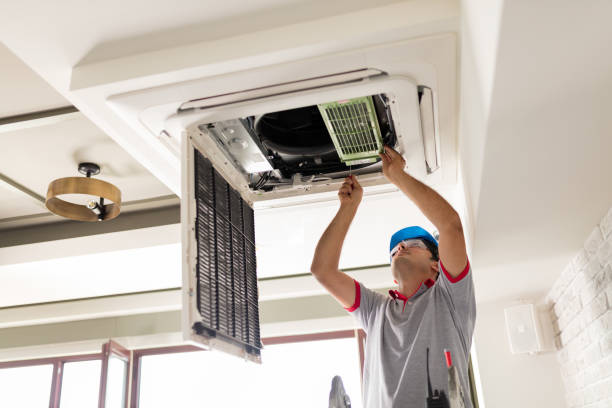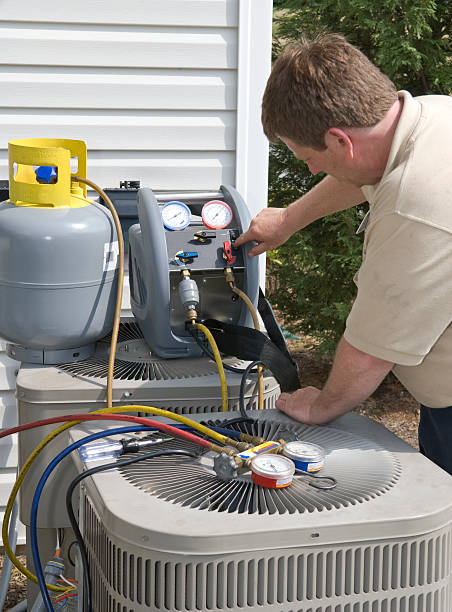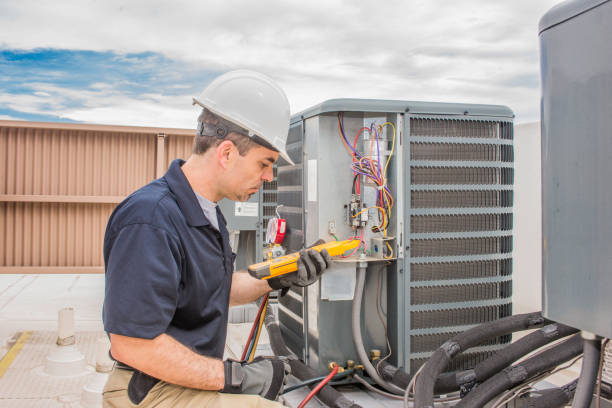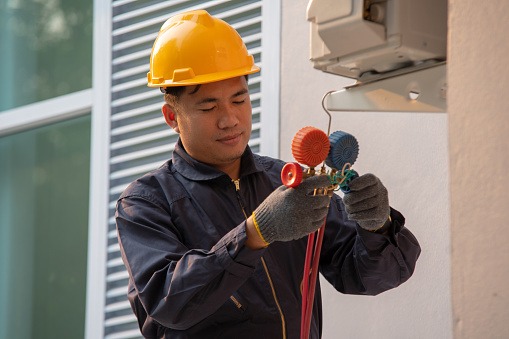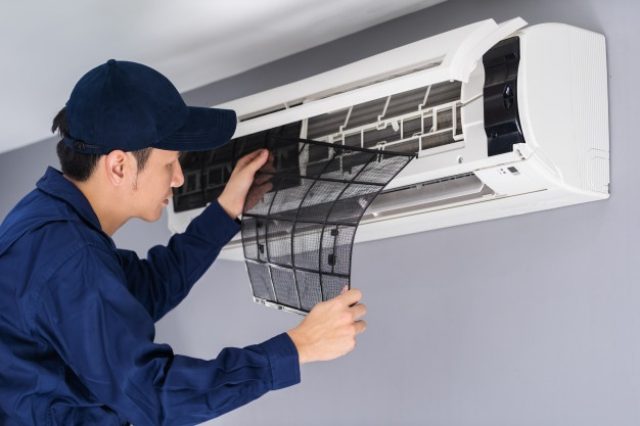Maximizing Energy Savings with Air Conditioning
Introduction:
As the global demand for air conditioning continues to rise, so does the need for energy-efficient solutions to mitigate the environmental impact and reduce energy consumption. In this article, we will explore innovative strategies and technologies aimed at maximizing energy savings in air conditioning systems, promoting sustainability without compromising comfort.
- Smart Thermostats and Controls: Implementing smart thermostats and advanced control systems can significantly enhance energy efficiency. These technologies optimize cooling based on real-time data, adjusting settings according to occupancy, external temperatures, and time of day. By minimizing unnecessary cooling, smart systems can yield substantial energy savings.
- High-Efficiency HVAC Systems: Upgrading to high-efficiency HVAC (Heating, Ventilation, and Air Conditioning) systems can have a profound impact on energy consumption. Modern units are designed with advanced technologies, such as variable-speed compressors and energy recovery ventilation, ensuring optimal performance and reduced energy waste.
- Proper System Maintenance: Regular maintenance is crucial for the optimal functioning of air conditioning systems. Simple tasks such as cleaning or replacing filters, checking refrigerant levels, and ensuring proper insulation can significantly improve efficiency. Neglecting maintenance not only reduces performance but also increases energy consumption.
- Energy-Efficient Building Design: Integrating energy-efficient features into building design can contribute to overall energy savings. This includes proper insulation, strategic placement of windows for natural ventilation, and the use of reflective roofing materials to minimize heat absorption. A well-designed building can reduce the workload on air conditioning systems.
- Renewable Energy Integration: Harnessing renewable energy sources, such as solar power, to meet air conditioning needs can further enhance sustainability. Integrating solar panels with air conditioning systems can offset electricity consumption, making the overall operation more environmentally friendly.
- Thermal Energy Storage: Thermal energy storage systems allow for the storing of excess energy during off-peak hours, which can be utilized during periods of high demand. This not only reduces strain on the power grid but also optimizes energy consumption, providing a cost-effective and sustainable solution.
- Occupant Awareness and Behavior: Educating occupants about responsible energy use and encouraging energy-efficient behavior can contribute to significant savings. Simple actions like closing windows and doors, using shades to block sunlight, and setting thermostats at moderate temperatures can collectively make a substantial impact.
- Government Incentives and Regulations: Governments and regulatory bodies play a crucial role in promoting energy efficiency. Incentives for adopting energy-efficient technologies and the enforcement of building codes that prioritize sustainability can drive the adoption of greener practices in the air conditioning sector.
Conclusion:
As the world grapples with the challenges of climate change, it is imperative to prioritize energy efficiency in air conditioning systems. By combining technological innovations, proper maintenance, renewable energy integration, and awareness campaigns, we can create a sustainable and comfortable indoor environment while minimizing the environmental footprint of air conditioning operations. Embracing these strategies is not only economically sound but also an ethical responsibility to preserve our planet for future generations.

